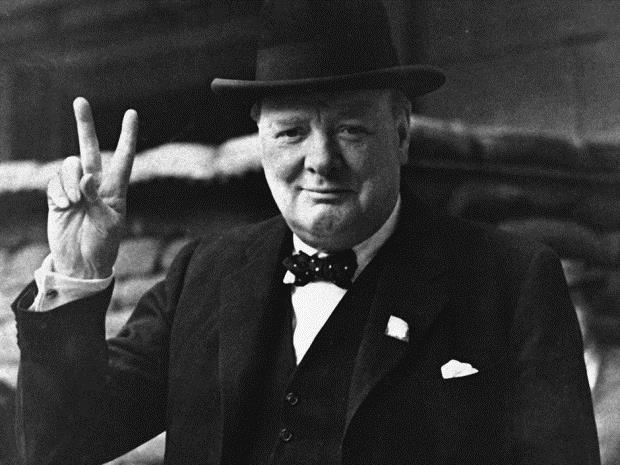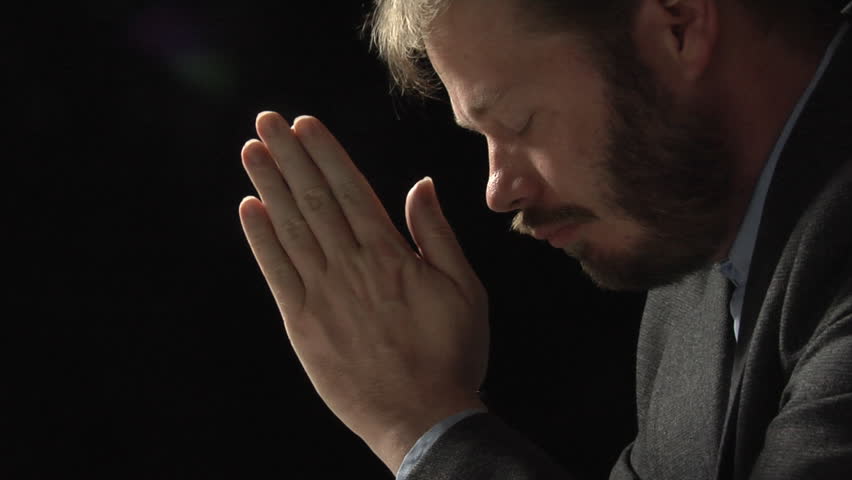What’s Your Integrity Worth
Over the last 3 weeks I’ve talked about life’s difficulties. Today’s Letter discusses one of the most challenging things you’ll face over your lifetime. Maybe not the sharpest pain, but one that is “long and tough”.
It was 1987. I was 26 years old. I was living hand to mouth. Parking downtown in a lot cost $3 in some far away location from where I worked. Somehow I figured out how to avoid paying the $3.
….$3.
Here I was sneaking around an unattended gate arm for $3. What a loser. After doing this the day before and coming up again to steal another $3 from some schmo that owned the lot, I realized that I was worth more than $3. This was one of the most meaningful days of my life. My integrity might have a price, but it wasn’t $3. Probably more in the $10 range. Well, not $10, maybe $1000. I’d steal for a grand. No? Ok, maybe a million dollars. If you left a million dollars on the sidewalk, I’d knock your grandmother to the ground to get at it. Hmmm, maybe not.
Another real life example comes from a friend. He was the lone accountant for a firm. One day he decided that he COULD take a couple of bucks from his employer, so he did. Then later, a little more. Then more. His integrity became a boiled frog. By the time his employer found out, it had climbed to $400,000. His integrity was on vacation and he rationalized it to himself because his employer was wealthy and his family was in need. Now, after 5 years in prison and the slow difficult climb back into the working world, he’s trying to get his family back. He’s hopeful that his ex-wife will forgive him someday. His relationship with kids has been restored, but he missed most of their teen years. Don’t think this guy is a bad guy. He’s a friend and a good, good guy…today – after the fall. He’s learned. Heed this: Every man is subject to moral temptation – economic, sexual, internal. To think you’re the exception is naive.
Ok, you get my point. I’m not a big fan of listening to how much integrity someone else has, but I thought I’d share this cornerstone of who I am given the spirit of these Letters. Money can never replace your integrity. The last thing you want to do is define yourself by foregoing a bit of integrity for a couple of bucks.
Stealing is kinda black and white and I’m sure most of you wouldn’t think twice about correcting a meal tab that mistakenly undercharged you for dinner. But a more subtle aspect of integrity is the exchange of value between you and your employer or between you and your customer. There is a good-better-best spectrum when going to work and expecting pay. Just as I learned to value my worth differently greater than the sum of my bank account, so too should you remove your salary from consideration when you show up for the day’s effort. There should only be one level of service from you because it’s in your best interest to provide it – all you got. Provide your employer and customer your very best attitude, your very best proactivity, your very best cooperation, your very best creativity regardless of what’s in it for you. Certainly your employer, competing employers, the marketplace, the world won’t undervalue you for long. Therefore, it’s not wise to pour out less than you can because you mistakenly think you’re worth more than you’re being paid. Integrity demands your best. Don’t place a limit on your integrity.
This leads to a larger point: I propose that integrity is a spiritual magnet. You bring your reputation and smell wherever you go – your reputation of character and your smell of fair dealing. This spiritual magnet will attract back to you over your lifetime a compounding of who you agree with God you’re going to be. Money, relationships, reputation, and many other critical factors eventually reflect back to you. You get what you give. Somewhere in your past you have had integrity modeled to you. If you haven’t evaluated this, pull out the model and evaluate it. Discuss it in your group. Kick it around and feel whether it needs a little more intentional effort on your part. Figure out who you are in the process of becoming relative to honesty, reputation, philosophy, giving, personal discipline, loving, faithfulness, effort, and all things integrous.
To your growing character,
Dave Marr
Get an encouraging letter each week to provoke your thinking.
Every Friday you'll get a short reflection on life intended to get you to think about things a little differently.
Subscribe to Ironmen









